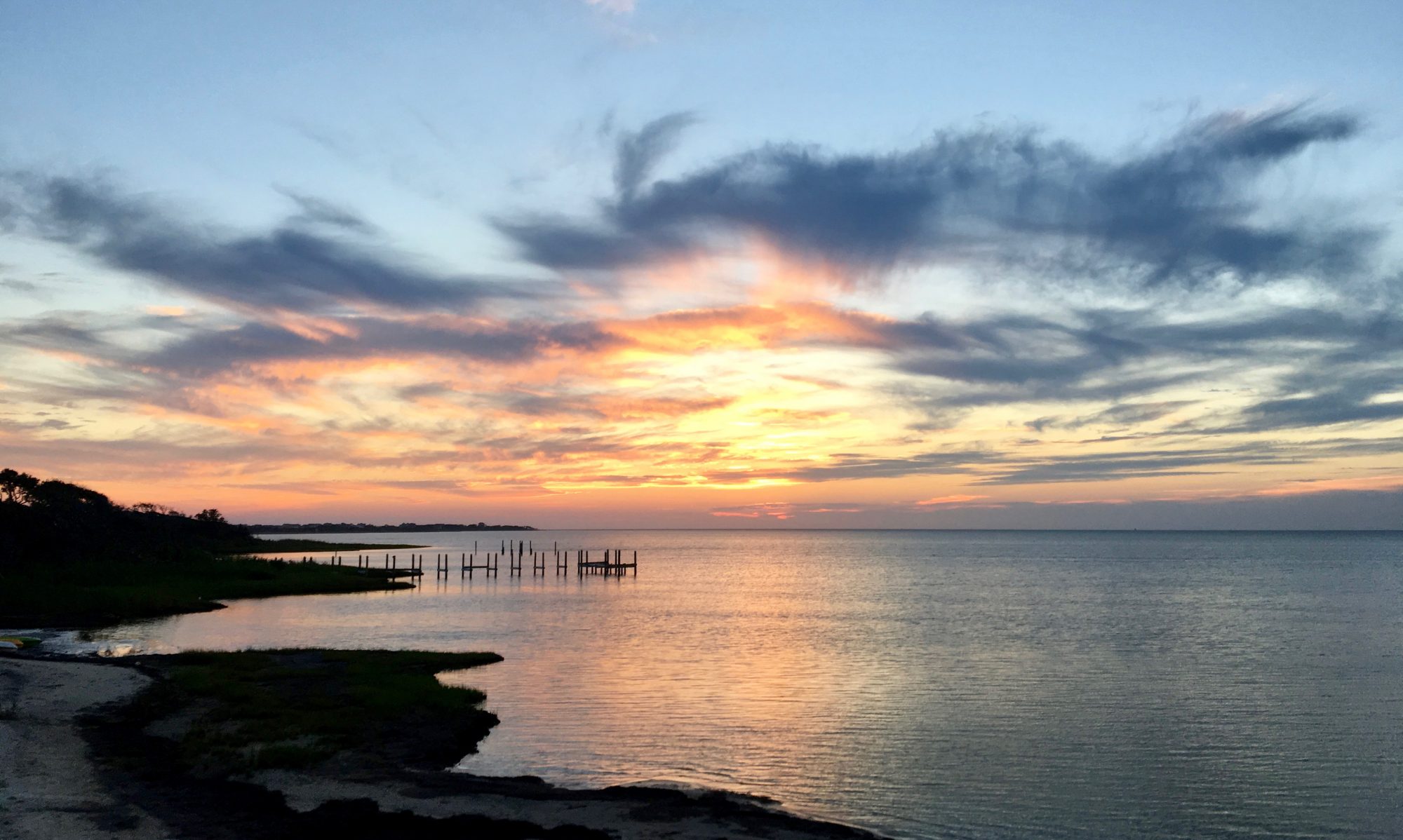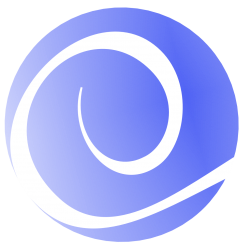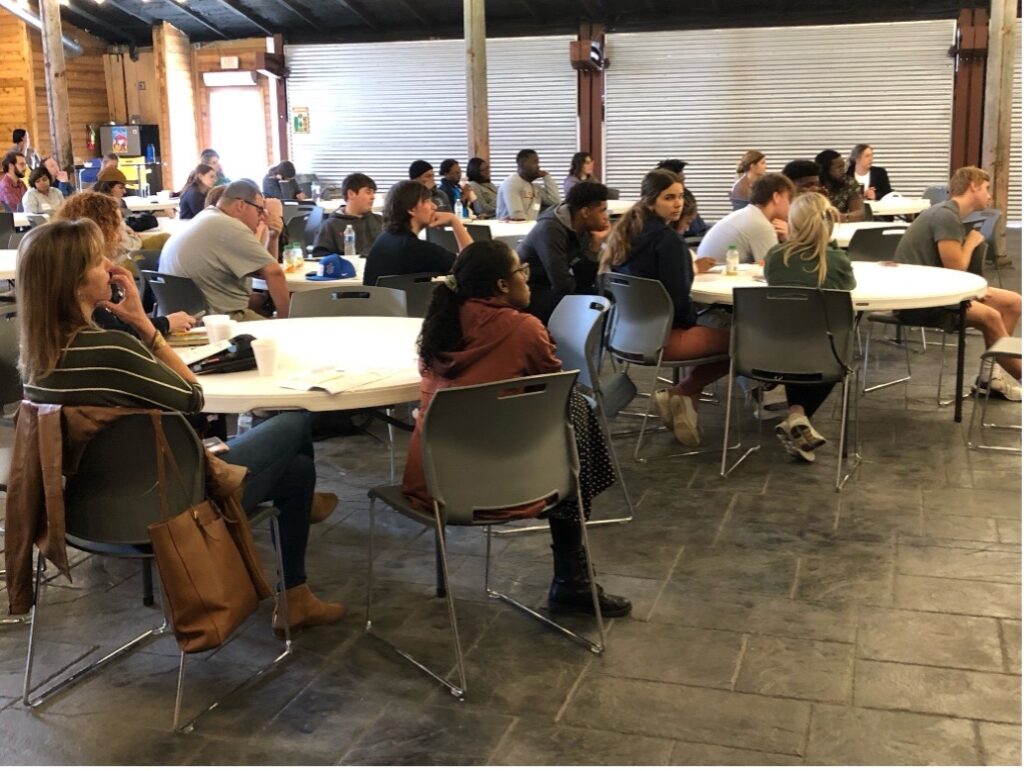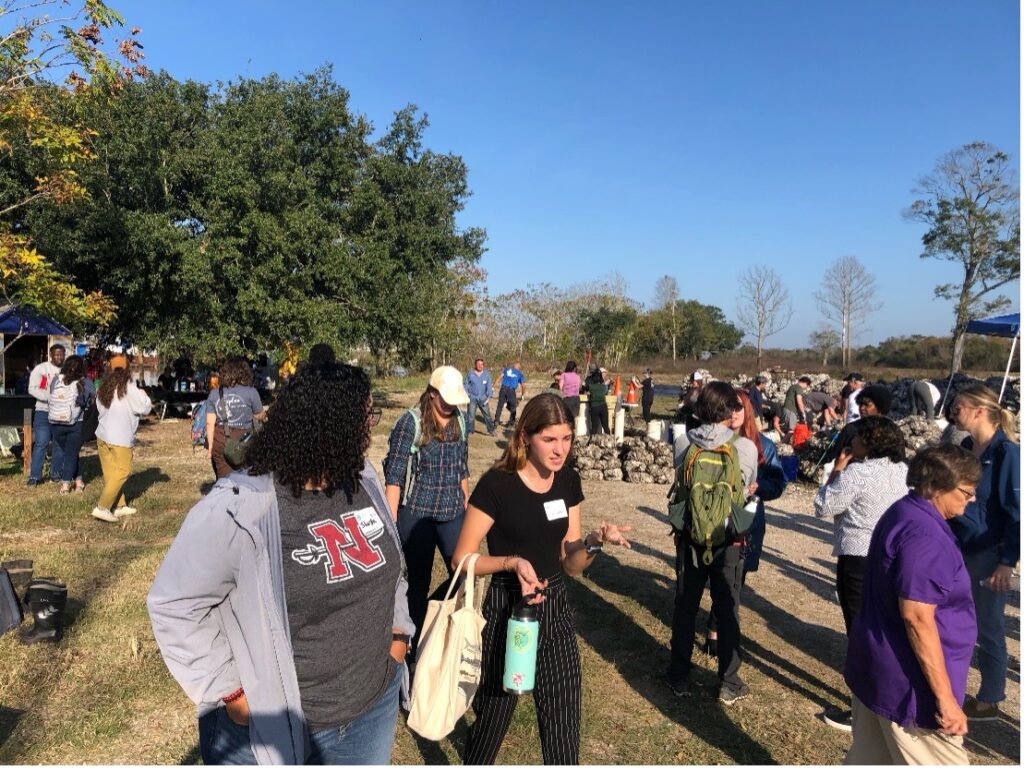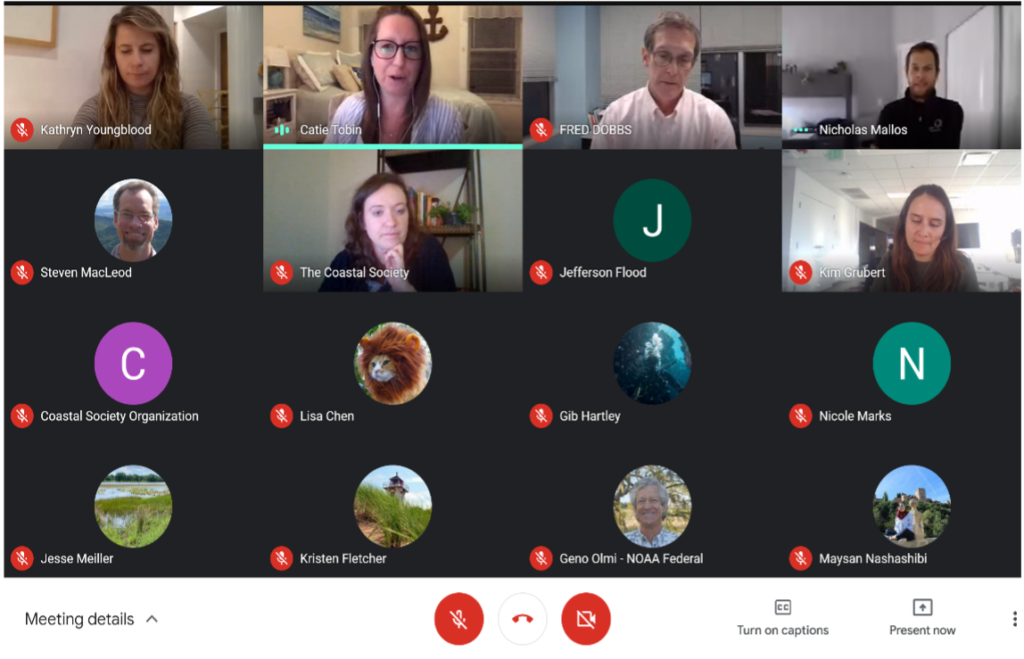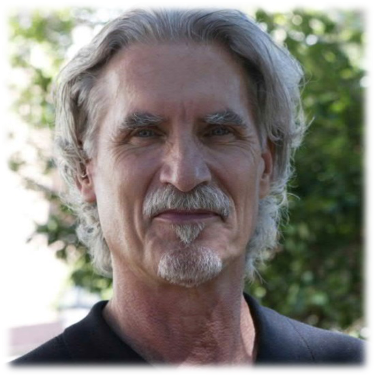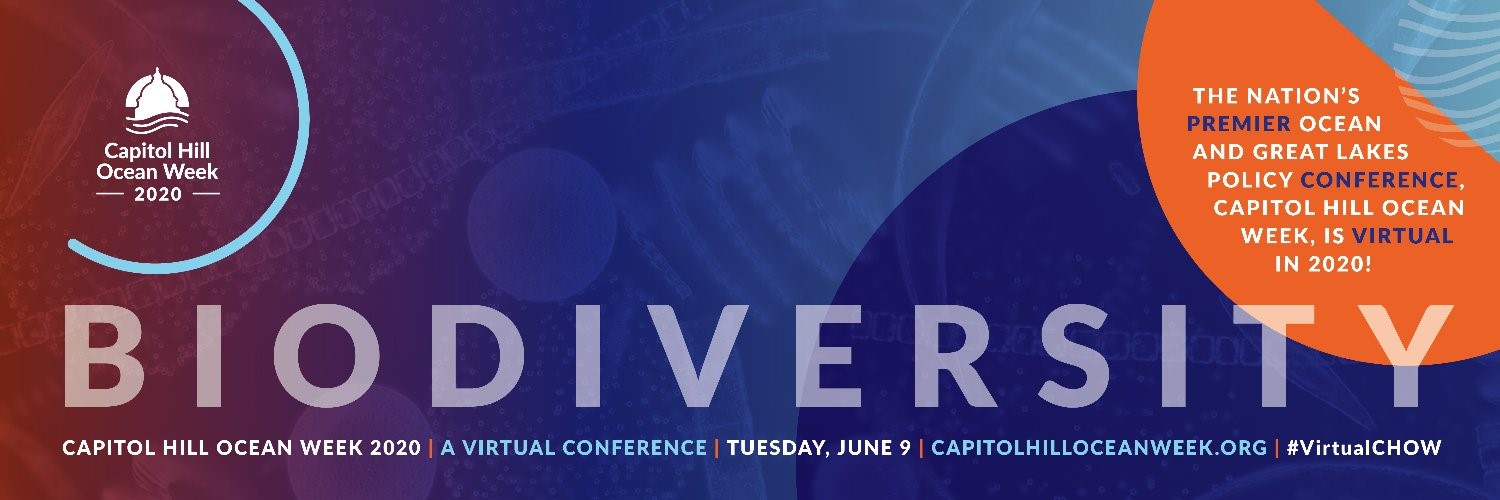By Steven MacLeod and Ashley Gordon
The Coastal Society hosted two Professional Spotlight sessions in 2023, featuring seasoned TCS professionals who discuss their career paths and provide career tips to students and young professional members. The Professional Spotlight sessions are TCS member-focused events that are part of the Coastal Connections web conferencing series. The video sessions were recorded via Zoom; TCS members may request a link to these recordings by sending an email here. To receive invitations for future Professional Spotlight sessions, please be sure your TCS membership is current. Join or renew at Membership – The Coastal Society. You can also read more about the Coastal Connections series on the TCS website.

Larry Cahoon (Ph.D.), Professor of Biology and Marine Biology at the University of North Carolina, Wilmington, and current Director on the TCS Board, was our guest speaker during the session on April 11, 2023. Dr. Cahoon shared tales about his educational background at Washington and Lee University and Duke University, and approximately 40 years of experience as a professor, with research focusing on biological oceanography (which he calls a “contact sport”) and coastal ecosystem dynamics.
Larry also discussed his experiences in public policy in North Carolina, including an appointment by the North Carolina Governor beginning in 1985 to serve on the NC Marine Science Council. Larry also served as chair of the NC Ocean Resources Task Force from 1993 to 1996 and later was involved in the NC Legislative Study Subcommittee on Offshore Energy. He gained further notoriety for his role in identifying the extent of per/polyfluoroalkyl substance (PFAS) contaminants in the Cape Fear River.
Larry highlighted his three key elements of teaching: 1) know your stuff, 2) meet students where they are, and 3) show them you care that they learn. He also advised that preparation is the key to academic and professional success in whatever you do, including meetings, publishing your work, developing proposals, and testifying in court. Larry emphasized the importance of honesty and maintaining personal and professional integrity when encountering potential deception, manipulation, or abuse.
Discussion following Dr. Cahoon’s presentation focused on topics including navigating an academic career path, student mentorship from academic faculty, science communication tips, and trends in academic teaching methods over the past several decades.

Jill Meyer, Senior Vice President at Lynker Technologies, was our guest speaker during the session on July 6, 2023. She described her path to becoming a consultant following an undergraduate focus on biological research (including 2 years in Costa Rica) and a shift to science and policy management graduate program at the Virginia Institute of Marine Science. Following a Knauss SeaGrant Fellowship supporting several federal projects (with a focus on remote sensing), Ms. Meyer joined the consulting world as a Project Manager with a former company. She has since ascended to her current role at Lynker, wherein she manages multi-million-dollar government contracts.
Jill discussed pros and cons of serving as a government contractor, which depends partly on the employee focus of a given contracting group. For example, there is a broad range of work opportunities, but contract employees may be perceived as having less stature than full-time government employees. Jill also discussed skills for success as a manager, including a strong multi-disciplinary technical background, solid organizational and communication skills, and an adaptable leadership style with an ability to multi-task and motivate staff. Jill offered some takeaways for developing a professional career path, such as remaining curious and open to opportunities, letting go of “perfection”, developing a professional support network, continuously honing communications skills, maintaining a focus on what motivates you, and recognizing when a position/project is not a good fit.
Following her presentation, Jill responded to questions by noting that she stays plugged into scientific developments through proposal writing. She encouraged participants interested in a certain government organization to ask them who they contract with and look for postings on forums like Indeed. Jill again emphasized the value of improving communication skills through books like “22 Talk Shifts” and apps that help refine your language.
We thank both our guest speakers for taking time to share their insights!
